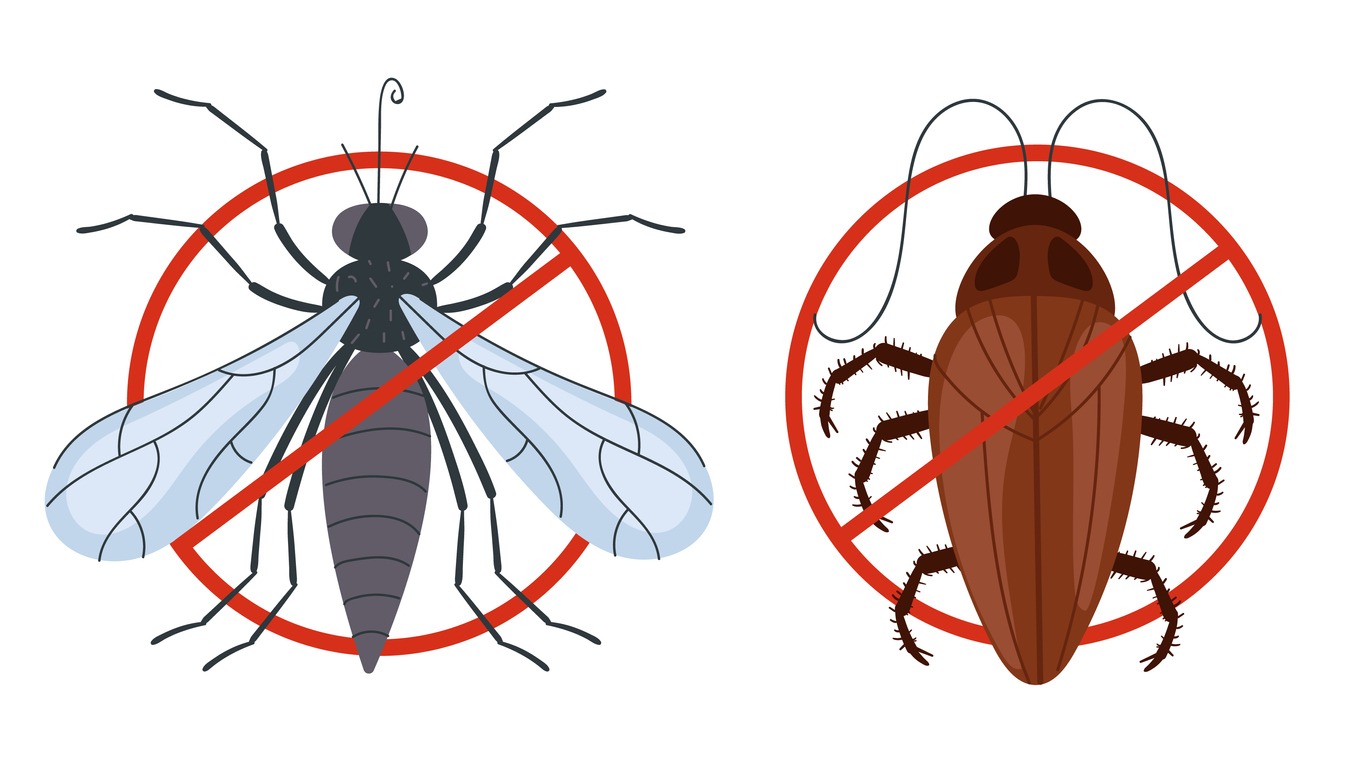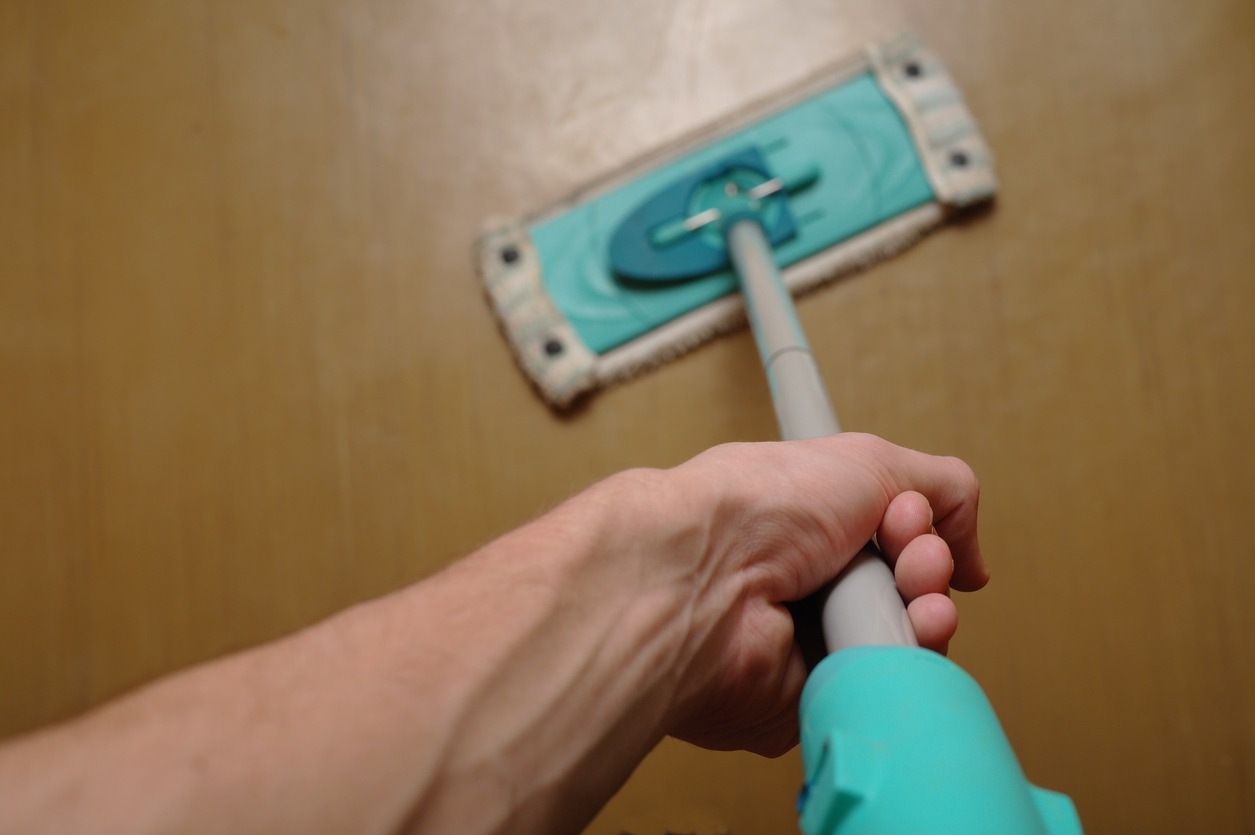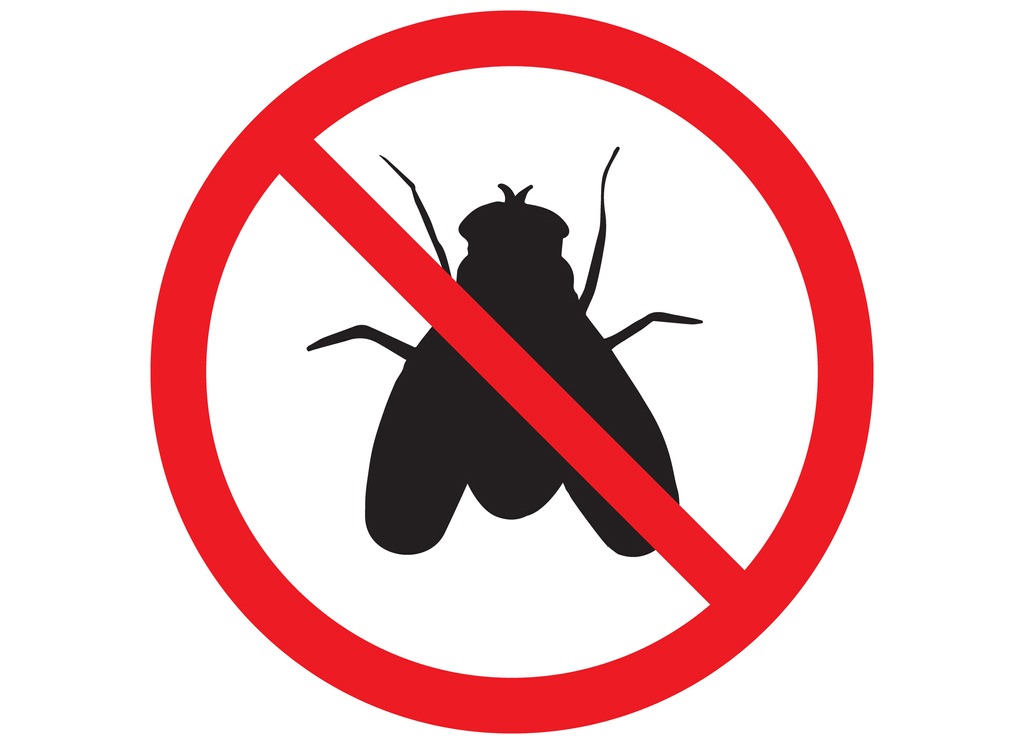We aim to provide simple yet effective strategies for keeping pests away from your home and garden. Our emphasis is on eco-friendly and humane approaches that safeguard your space from common pests like insects and rodents while protecting the natural environment. Here, you’ll discover safe and sustainable methods to maintain a pest-free environment without harming the ecosystem. Join us as we explore responsible solutions for a harmonious, pest-free living area.
Definition and Origin
Before diving into strategies for pest prevention, it is important to understand what pests are and how they come to be. Pests are defined as any organism – animal or plant – that negatively impacts human activities, be it through damaging our food, homes, or general living conditions.
Common pests include a variety of animals such as ticks, ants, rats, mice, scorpions, spiders, and even some wild animals like feral cats, dogs, and foxes. It is essential to remember that these creatures, often seen as nuisances, play crucial roles in their natural order or ecosystem. They become ‘pests’ not through their nature, but due to changes in their environment.
Factors such as bushfires, human encroachment into wild areas, and droughts disrupt the natural balance. When their usual sources of food and shelter are compromised, these animals are driven to seek sustenance and refuge in our urban and agricultural spaces. Therefore, what we often label as pests are simply animals trying to survive in a changing world. This understanding is key as we explore responsible and humane ways to manage them in our environments.
Maintain Cleanliness
Keeping your home clean is a fundamental step in pest prevention. Regularly cleaning your home, especially the kitchen and dining areas, reduces the availability of food sources for pests. Wipe down surfaces to remove crumbs and spills, sweep or vacuum floors, and keep food in sealed containers. A clean environment is less inviting to pests like ants, cockroaches, and rodents.
In addition to daily cleaning routines, deep cleaning periodically is also crucial. This involves cleaning under and behind appliances, inside cupboards, and other often-neglected areas where crumbs and debris can accumulate. Ensure garbage is disposed of regularly and trash cans are cleaned to prevent odors and residue that can attract pests.
Seal Entry Points
Pests often enter homes through small cracks and openings. Inspect your home for any potential entry points, including gaps in window frames, doors, and where utility pipes enter. Sealing these gaps with caulk, weather stripping, or other suitable materials can significantly reduce the chances of pests entering your home.
Over time, existing seals can wear down, and new cracks can form. Periodic checks and prompt repair of these entry points are essential for ongoing pest prevention. Pay special attention to basements and attics since these are common entry points for rodents and insects.
Manage Moisture
Moisture attracts many pests, including mosquitoes, cockroaches, and termites. It is essential to address any plumbing leaks promptly and ensure good drainage around your home. This includes cleaning gutters and downspouts to prevent water accumulation.
In areas prone to dampness, such as basements and bathrooms, use dehumidifiers to maintain a dry environment. Ventilation is also crucial; ensure that areas are well-ventilated to reduce humidity levels. Regularly checking for water accumulation in trays under houseplants and in refrigerator drip pans is also important.
Proper Waste Management
Properly managing your waste is a vital component of pest control. Keep garbage in sealed bins and remove it regularly from your living space. This prevents odors and residues that can attract pests like rodents, flies, and ants.
Composting is beneficial for the environment but can attract pests if not managed correctly. Ensure your compost bin is properly sealed and located away from your home. Regularly turn and maintain your compost to prevent it from becoming a breeding ground for pests.
Landscaping and Garden Care
Overgrown vegetation near your home can provide shelter and breeding grounds for pests. Regularly trimming bushes, trees, and lawns helps eliminate these hiding spots. Keep landscaping materials, like mulch and wood chips, away from your home’s foundation, as they can attract termites and other pests.
Remove yard waste like fallen leaves and branches promptly. Consider choosing plants that naturally repel pests or are less prone to pest problems. A well-maintained garden not only looks great but also reduces the risk of pest infestation.
Natural Repellents
Natural repellents can be a safe and eco-friendly way to deter pests. Essential oils like peppermint, lavender, and eucalyptus are known to repel insects such as ants, spiders, and mosquitoes. These oils can be used in diffusers or diluted with water and sprayed in areas where pests are a problem.
Planting certain herbs and flowers can also act as natural pest deterrents. For example, marigolds repel nematodes and aphids, while basil can deter flies and mosquitoes. Incorporating these plants into your garden or using them in pots near entry points can help keep pests away.
Regular Inspections
Regularly inspecting your home for signs of pests is crucial for early detection and control. Look for signs like droppings, damage to plants or property, and unusual sounds or smells. Checking less frequented areas of your home, such as basements, attics, and garages, is also important.
If you notice signs of pests, identify the type and extent of the problem to determine the best course of action. Early intervention can prevent a small problem from becoming a large infestation. Be thorough in your inspections and consistent in your efforts.
Use of Barriers
Physical barriers are an effective way to prevent pests from entering your home. Installing screens on windows and doors can keep flying insects out. Ensure that the screens are in good repair and fit snugly.
For larger pests, consider using steel wool or hardware cloth to block gaps and openings. Remember that some pests are excellent climbers or diggers, so barriers may need to extend below ground level or up the sides of structures.
Get rid of all standing water
Mosquitos breed in pools of standing water. Thus, it is necessary to drain all pools of standing water that are collecting around your yard. Being bitten by swarms of mosquitos is never fun. However, it is crucial to ensure that mosquitoes do not breed in your area if you live in an area where mosquitos carry malaria or the Zika virus.
Keep your grass short
Long grass around your home is an ideal environment for snakes and arachnids like ticks. Thus, it is important to keep the grass short. Some snakes are poisonous and will kill people and domestic animals. Also, ticks carry diseases like Lyme Disease and tick-bite fever.
Educate Yourself and Others
Education is a powerful tool in pest prevention. Understanding the types of pests common in your area, their life cycles, and behaviors can help you implement more effective control measures.
Share this knowledge with family members and neighbors. Collective efforts in a community can significantly reduce pest problems.
Professional Help
For persistent or severe pest problems, professional pest control services can provide an effective solution like Responsible Pest Control. Pest control professionals have the knowledge, experience, and tools to tackle infestations safely and efficiently.
When choosing a pest control service, look for reputable and licensed providers who use environmentally friendly methods. Discuss the techniques and products they use, and ensure they offer a long-term solution that aligns with your pest prevention goals.
Conclusion
Staying informed about pest behavior and control methods enhances these efforts. By proactively adopting these strategies, you can maintain a pest-free environment while safeguarding both your home and the natural ecosystem.



